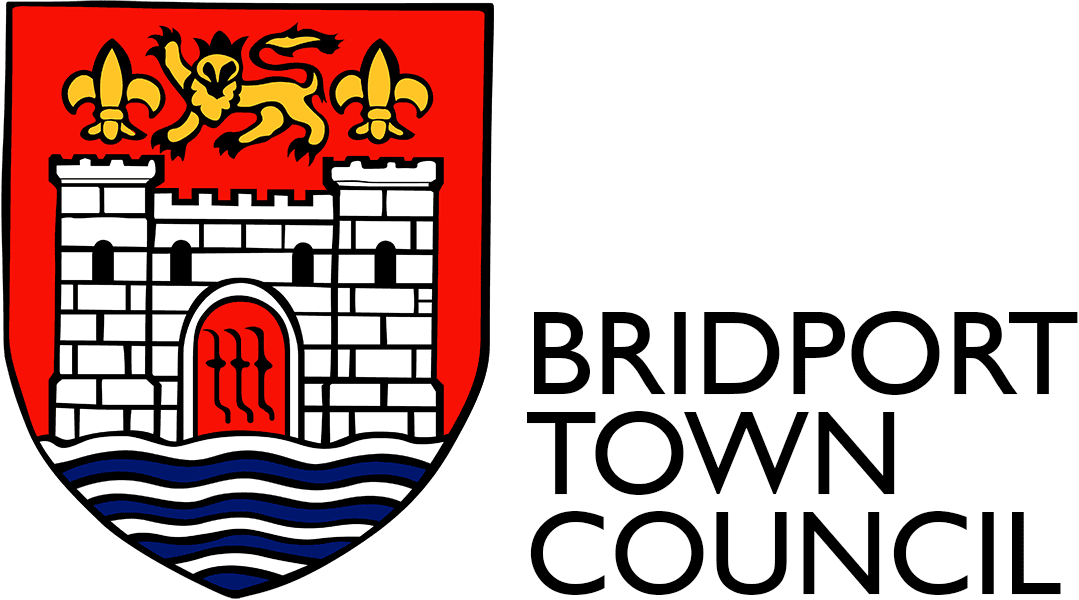Practices were also asked about the provision of NHS dentistry to those groups which are eligible for free dentistry (this being funded differently from the NHS subsidised dentistry for adults). All the responding practices say that they are providing free dentistry to existing patients who are: children up to age 18; or women pregnant or with a young baby; or recipients of low-income welfare benefits. However, none said they can currently offer such free NHS dentistry to new patients.
Two (only) of the practices were specifically asked whether they would provide emergency dental care to someone new referred to them by the NHS 111 (Dorset Helpline) service. Both confirmed that they would treat such cases.
A particularly vulnerable group is homeless people. It has been confirmed that charity, Dentaid, makes regular visits to Weymouth, funded by the Lantern Trust, where it can provide treatments as necessary. Dentaid visit with their mobile dental unit, typically treating eight patients in a four-hour session, which can include oral health checks, cleaning/polishing, X-rays, fillings and extractions. (Note that whilst the Weymouth visits target homeless people, in principle this charity will treat any group or groups in particular need.)
Local food banks or food sharing projects were also approached and three of them responded. One confirmed that it stocks and hands out toothbrushes and toothpaste to some of those it helps feed, while another said it occasionally receives donated toothbrushes and toothpaste to hand out. One project added that it has helped a couple of clients with transport so they can access emergency dental care appointments.
It was understood that some oral health care work takes place with children through schools across Dorset, some of that targeting vulnerable children, such as those with learning disabilities and with special educational needs. This can include supervised toothbrushing, oral health visits and the distribution of oral health packs. Moreover, the secondary school in the BLAP area reports that its pupils in year 7 receive a lesson about oral health care, as well as other lessons around health and wellbeing, as part of the curriculum on PSHE[1]. At least one primary school in the BLAP area is known to hold a day where pupils bring in toothbrushes and use plaque reveal tablets.
Two local care homes were contacted. Both said that their residents typically receive dental care by visiting local practices they are registered with, assisted either by family or by care home staff. One said it had recently tried and failed to register a couple of residents as new patients. One said most residents seem to be treated as private patients, though it was aware of at least one resident receiving NHS subsidised care. No dental professionals visit these care homes, and they have no specific link with any practice. One, however, used to receive visits by a dental hygienist, which was extremely useful. This ceased when the hygienist retired a couple of years ago and they had not been able to find a replacement. Both cited residents being treated at Dorset County Hospital for urgent dental care and one said that its residents often go there for denture work.
Finally, the nearest site delivering Special Care Dentistry – for those referred because of particular needs – is the Dorset County Hospital in Dorchester. In specific circumstances a home visit may even be undertaken by this service.
[1] PSHE in education stands for personal, social, health and economic.
[2] PSHE in education stands for personal, social, health and economic.